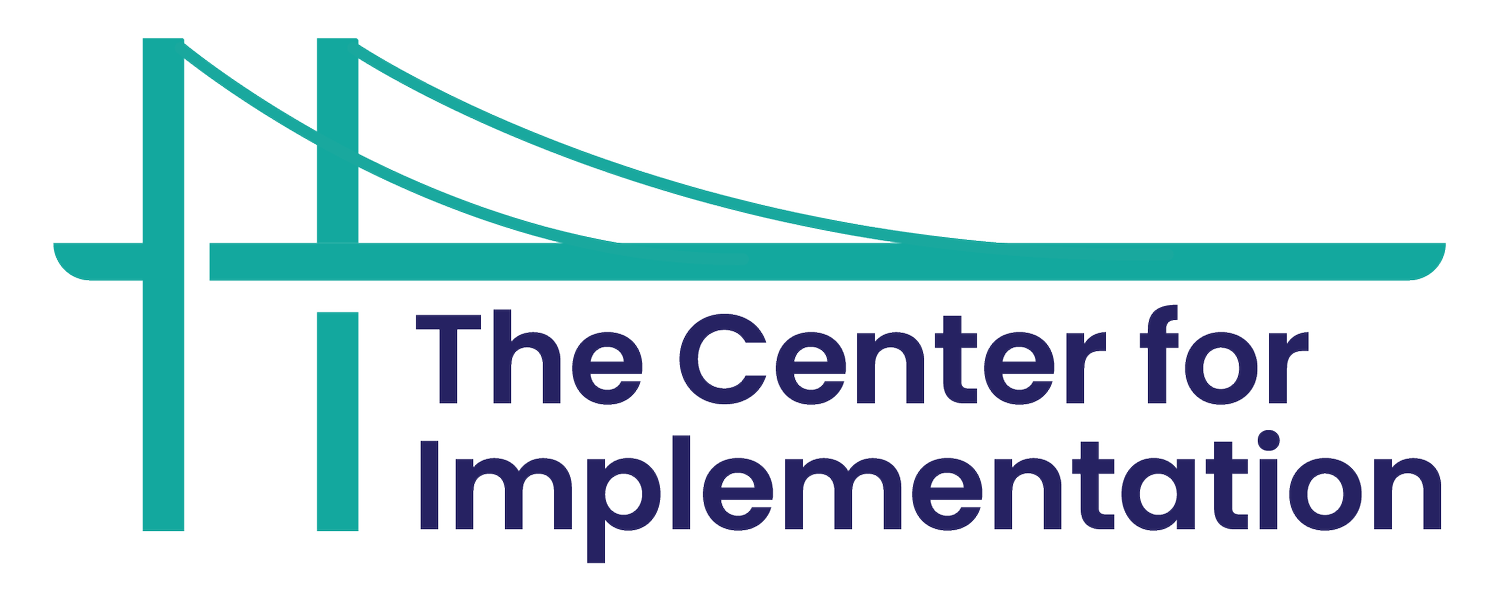Active Implementation and a Formula for Implementation Success
By Julia E. Moore, Executive Director
Note: We have updated our website since this article was published. As a result, you may have been redirected here from a previous URL. If you are looking for the article, “Project Spotlight: Using implementation science to support best practice implementation in spinal cord injury rehabilitation” by Dalton Wolfe and Saagar Walia, please click here.
The project spotlight for November 2018 highlights Active Implementation developed by the National Implementation Research Network (NIRN). The Active Implementation model is unique because, like other process models, it outlines specific steps for implementation; but unlike other process models, it provides additional frameworks and resources to operationalize each step, making it more practical.
The “process model” aspect of Active Implementation presents 5 stages of implementation:
Exploration
Installation
Initial implementation
Full implementation
Sustainability
If you want to learn more about Active Implementation, there are great resources available on the AI Hub. For example, the Implementation Teams module has wonderful tools to help implementers develop and support implementation teams.
My favourite resource from Active Implementation is their Formula for Success. Our adapted version of the formula says that in order to achieve significant outcomes, we need 4 things:
An effective innovation (this might be an evidence-based program, practice, or guideline);
effective implementation strategies (these are the strategies used to change people’s behaviour to align with the effective innovation);
to implement the strategies effectively (this is about how well we implement); and
a context that enables implementation (this is about considering where implementation is taking place)
When developing this formula, NIRN purposely included multiplication signs, because if any of these are equal to zero, we will not achieve the significant outcomes we are looking for. It’s such a great overview of the major things to consider when planning for implementation.
This article was featured in our monthly Implementation in Action bulletin! Want to receive our next issue? Subscribe here.


